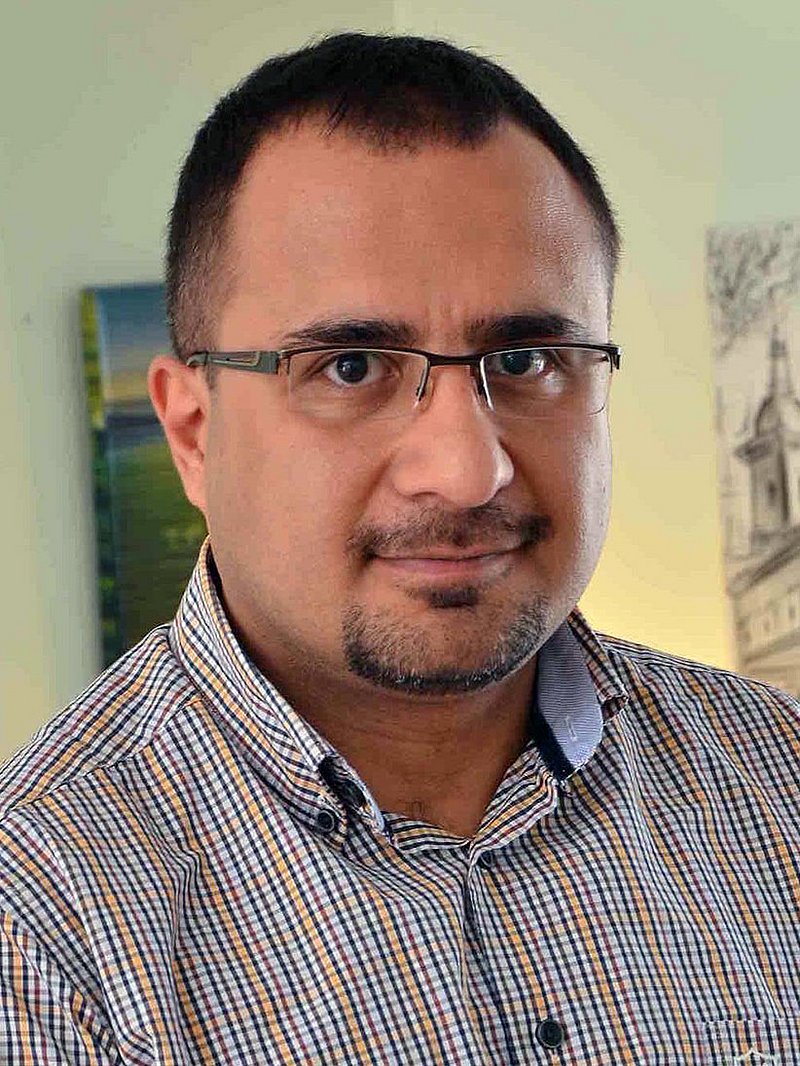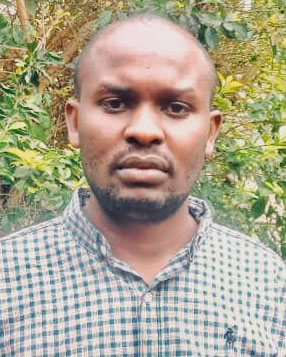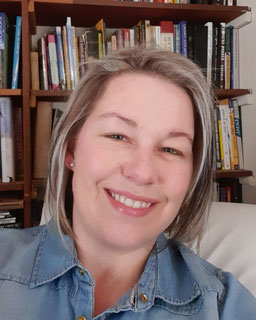Team
We would like to introduce you to our research team in the field of distance learning and eLearning research.
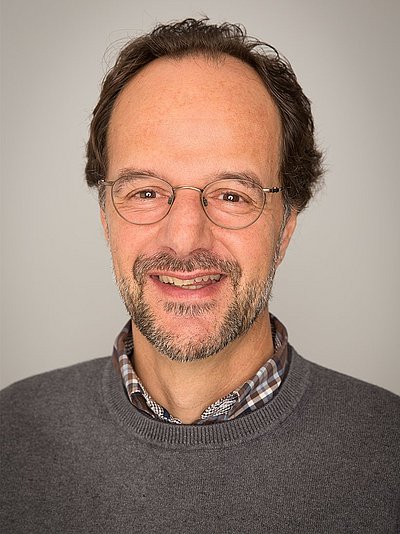
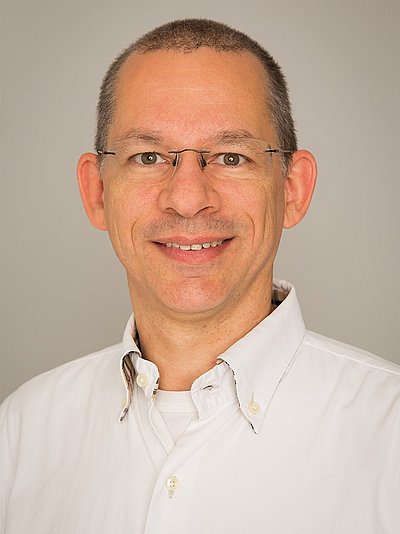
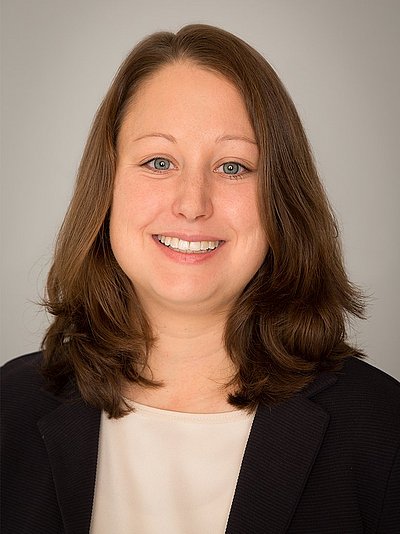
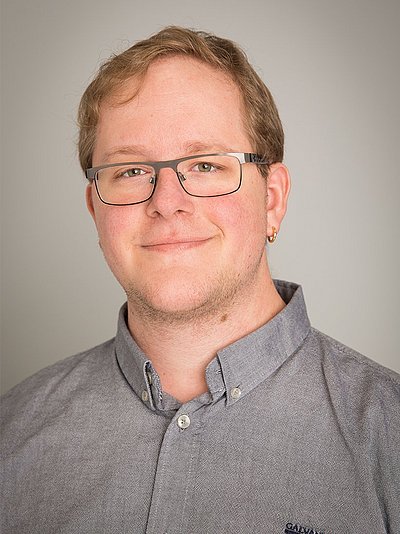
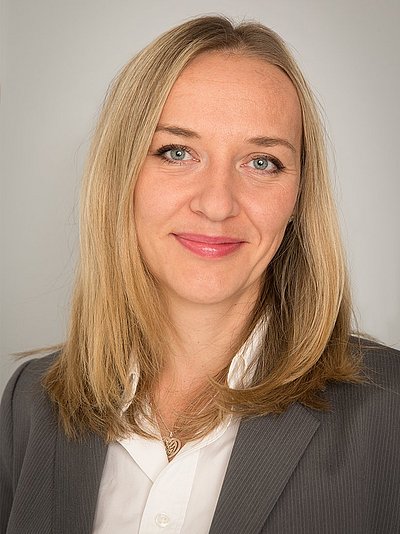
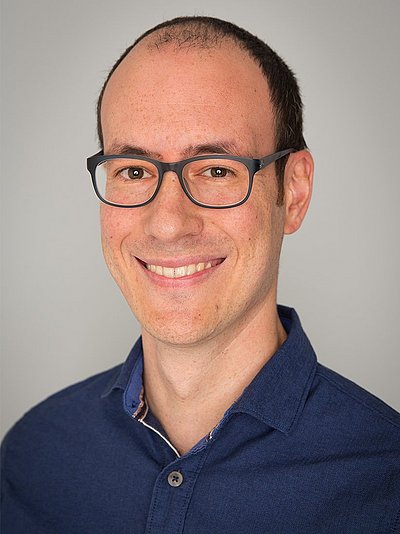
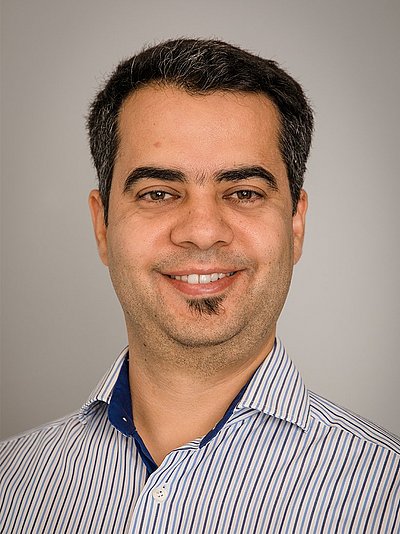
![[Translate to Englisch:] [Translate to Englisch:]](/fileadmin/_processed_/0/f/csm_behnam-parsaeifard-person-hoch_107c6b46aa.png)
![[Translate to Englisch:] [Translate to Englisch:]](/fileadmin/_processed_/3/8/csm_ioan-sorin-comsa-person-hoch_8ec29fc0a2.jpg)
![[Translate to Englisch:] [Translate to Englisch:]](/fileadmin/_processed_/5/b/csm_martin-hlosta-personal-hoch_1b3a7d2a73.jpg)
Fellows
Dr. Cengiz Acarturk
Researcher, Dr., Cognitive Science Department at Jagiellonian University, Krakow, Poland & Cognitive Science Department:at Middle East Technical University, Ankara, Turkey
Email: acarturk(at)gmail.com
Place of work: Poland (recently)
Working days: weekdays
Cengiz Acarturk received his PhD in computer science from Hamburg University, Germany, in 2010. During his PhD studies, he was a member of the Knowledge and Language Processing Institute (WSV), the Center for Intelligent Systems and Robotics (ISR) and the Department of Informatics. He was also a doctoral fellow at the Cross-Modal Interaction in Natural and Artificial Cognitive Systems (CINACS) International Research Training Group (IRTG). In 2012, he joined the Cognitive Science Graduate Programme and then the Cyber Security Graduate Programme at the Informatics Institute of the Middle East Technical University. He is pursuing research activities at the Cognitive Science Department of Jagiellonian University, Krakow, Poland. His research interests cover eye-tracking applications, including oculomotor control in reading and graph comprehension, human-computer interaction and, more recently, human-robot interaction and aspects of cognition in cybersecurity and cybersystems.
Research focus: eye-tracking applications, human-computer interaction, human-robot interaction.
Ernest Godson
Researcher fellow and PhD candidate, faculty of Arts and Social Science, The Open University of Tanzania.
Phone: +255 764284188
Email: godsonernest(at)ymail.com
Place of work: Dar Es Salaam, Tanzania
Working days: Monday, Tuesday, Thursday
Ernest Godson is a PhD candidate in the Faculty of Art and Social Science at the Open University of Tanzania (OUT). He worked as an assistant lecturer at the University of Arusha in Tanzania from 2015 to 2019 before joining the OUT for his PhD studies in April 2020. His research interest is in distance education or e-learning, information and communication technology (ICT) in education, information security and the adoption of ICT in health services. Currently, he is working as a research fellow in a collaborative research study between the OUT and the Swiss Distance University of Applied Sciences (FFHS) under the UNESCO Chair on Personalised and Adaptive Distance Education.
Research focus: distance education, ICT in education, information security, ICT adoption in health services.
Dr. Divan Jagals
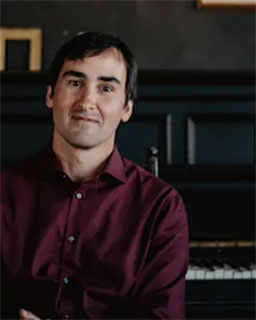
Senior lecturer in the School for Professional Studies in Education; Subject group: Curriculum Studies, Philosophy and Research Methodology, North-West University (Potchefstroom Campus)
Phone: +27 79 338 7881/ +27 18 299 2154
Email: divan.jagals(at)nwu.ac.za
Place of work: Potchefstroom, South Africa
Working days: Weekdays
Divan Jagals has 16 years of educational experience in both secondary and tertiary education in contact, blended and distance education contexts. He is also an editorial board member of a number of international journals and is the recipient of several research grants for national and international research projects. His most recent project involvements include the facilitation of metacognitive awareness through a personalised and adaptive online learning platform using adaptive prompts to promote self-directed learning, and a project set towards developing a self-transcendent philosophy of self-directed learning. He was selected as one of three research fellows to complete a four-month research fellowship under the guidance of the UNESCO Chair for Personalised and Adaptive Distance Education at the Swiss Distance University of Applied Sciences. He acts as a supervisor for postgraduate students who conduct research in education. He holds a doctorate in mathematics education, and his research interests include the facilitation of metacognitive awareness to understand and promote self-directed learning through a variety of epistemological and ontological tools in teaching and learning.
Research focus: Self-directed learning, personalised and adaptive learning
Dr. Donnavan Kruger
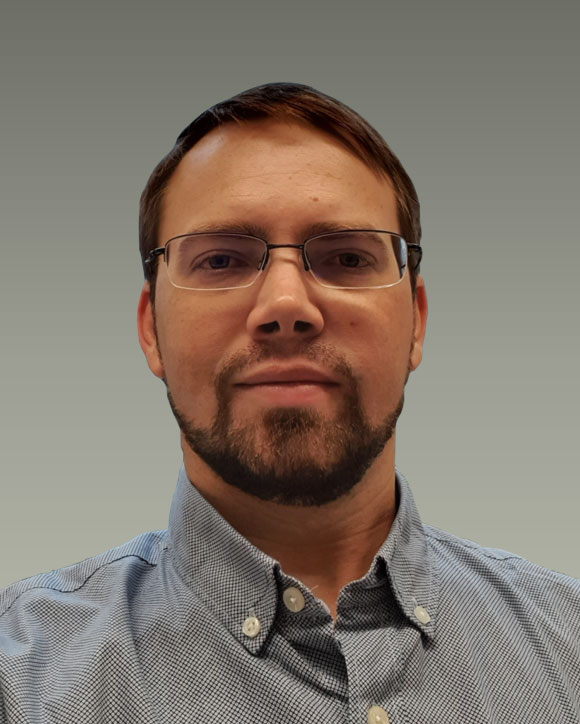
Senior Lecturer, School for Science, Mathematics and Technology Education, North-West University, South Africa
Phone: +27 18 299 4322
Email: Donnavan.Kruger(at)nwu.ac.za
Place of work: Potchefstroom, South Africa
Working days: weekdays
Donnavan Kruger is a lecturer in the natural science education subject group in the Faculty of Education and a member of the Research Unit Self-directed Learning. His research interests include life science education, inquiry-based learning, contextualised education, adaptive learning, blended learning and self-directed learning. He was awarded a research fellowship under the guidance of the UNESCO Chair for Personalised and Adaptive Distance Education to investigate how inquiry-based learning could be implemented in an adaptive online platform. He has published on a national and international level and acts as a supervisor and co-supervisor for postgraduate students.
Research focus: self-directed learning, inquiry-based learning, adaptive learning.
Dr. Dorothy Laubscher
Senior Lecturer: Mathematics Education, Faculty of Education, School for Mathematics, Science and Technology Education, North-West University (South Africa)
Phone: +27832643284 or +27182994585
E-mail: dorothy.laubscher(at)nwu.ac.za
Place of work: Potchefstroom, South Africa
Working days: weekdays
Dorothy Laubscher is a senior lecturer in mathematics education in the Faculty of Education at the North-West University (South Africa). She has been working in the field of teacher education for the past 12 years. Her research interests include mathematics education, technology-enhanced learning, self-directed learning, blended learning and cooperative learning. She is involved in various projects that explore technology-supported cooperative learning to promote self-directed learning. She was selected as one of three research fellows to complete a four-month fellowship at the Swiss University of Applied Sciences in Brig, Switzerland, under the guidance of the UNESCO Chair for Personalised and Adaptive Distance Education. She acts as a supervisor for postgraduate students and has published on a national and international level.
Research focus: mathematics education, technology-enhanced learning, self-directed learning.

